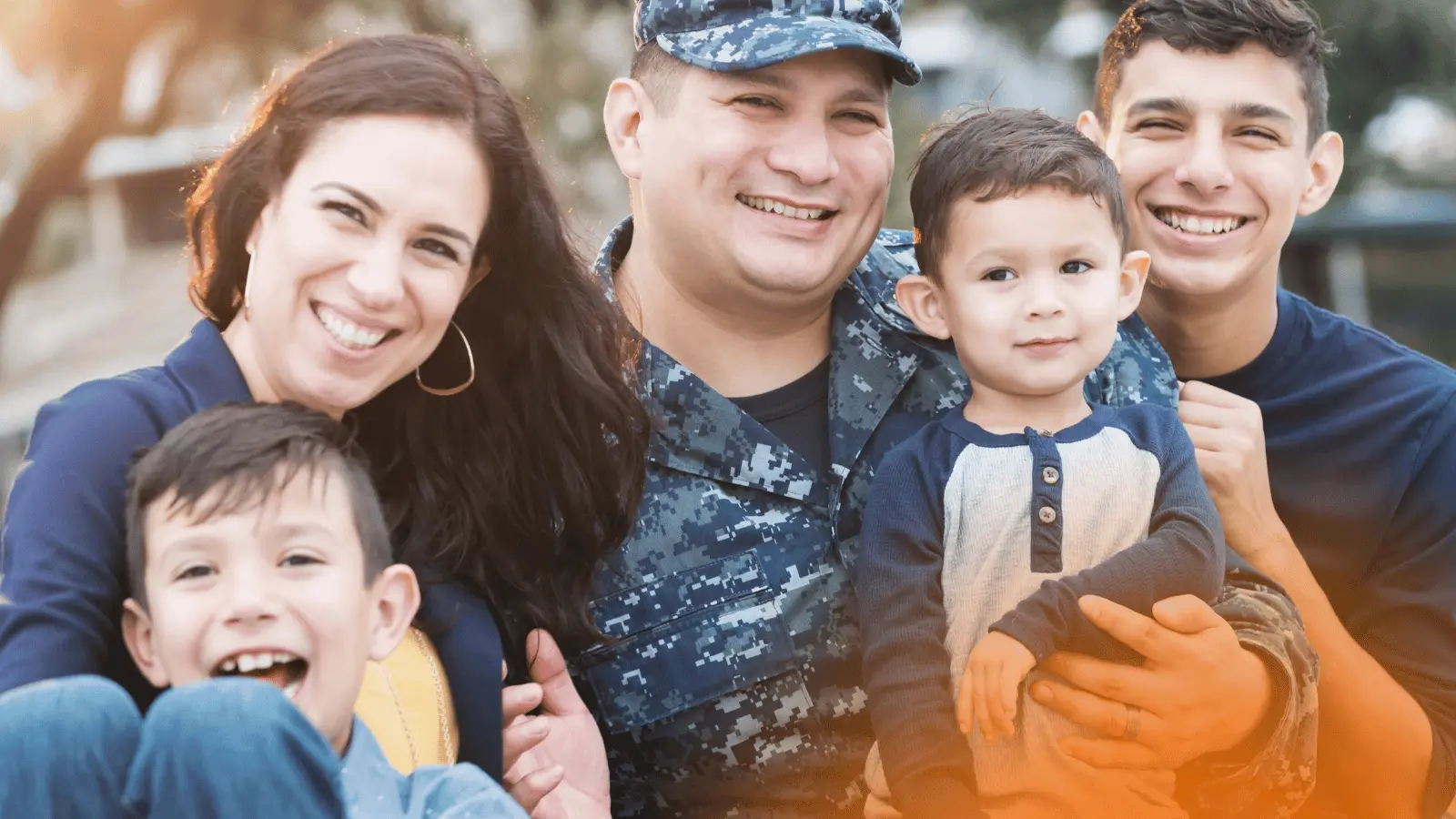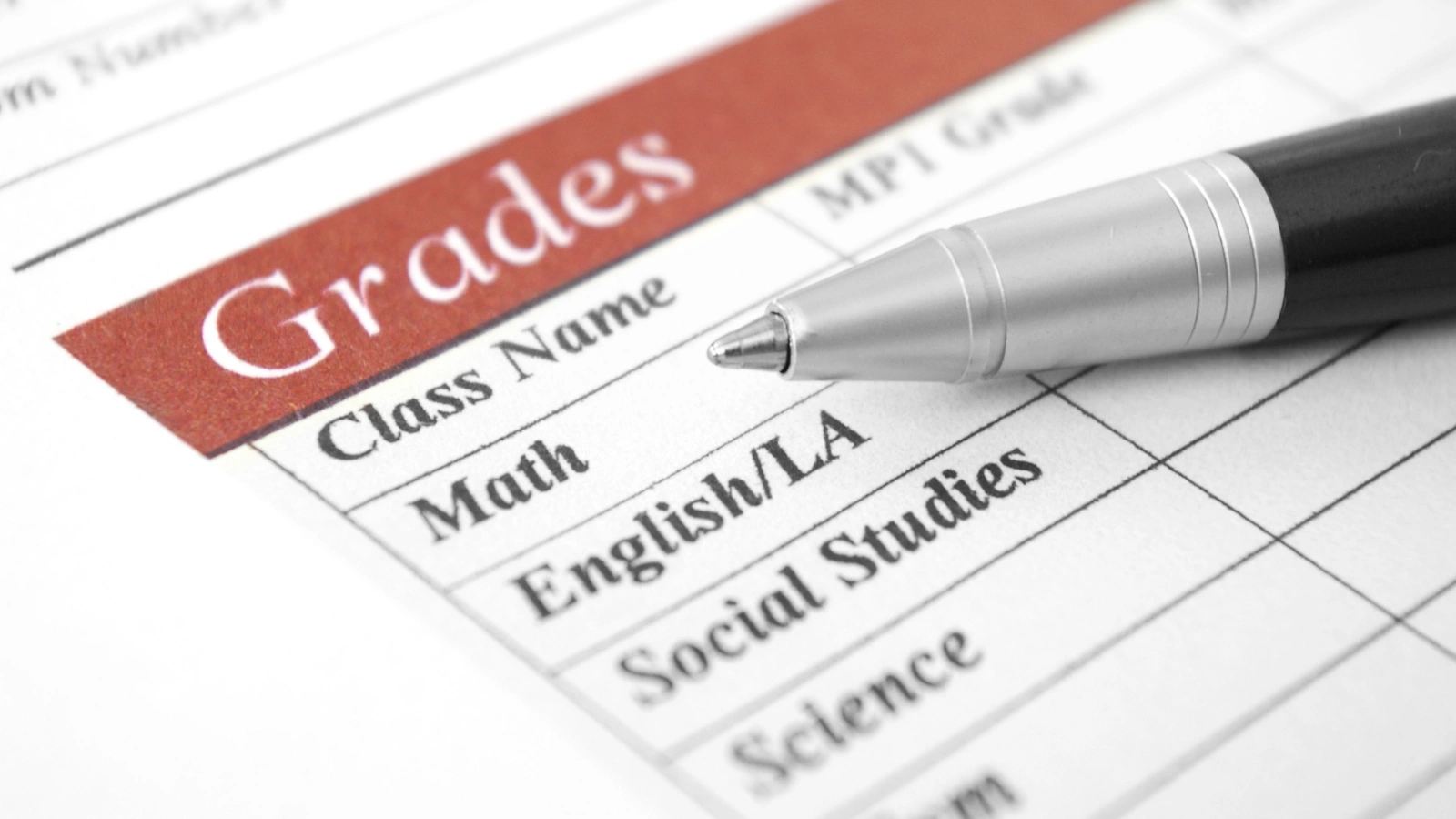Growing up in a military family is a unique experience that has its own challenges and opportunities. Military children, fondly called ‘military brats’, spend a significant part of their lives adapting to new environments and circumstances.
Frequent deployments to new locations require them to adapt to new communities constantly. Changing schools is as much a part of their lives as bedtime stories for others. This frequent and constant relocation poses concerns for their education as well as their social and emotional development.
On the plus side, all these circumstances may potentially increase their resilience in the face of difficulties. In this article, we talk about the educational challenges military children face through their journeys to different schools, communities, and locations.
Challenges for Military Children at School Ages
Following is a breakdown of the different types of challenges that military students may face through their educational journey.
Inconsistent Curriculum
One of the major educational drawbacks of being a student as a military child is that they struggle to stick to a particular curriculum. Different states have different curricula and educational standards. This continuous change puts students in a demanding position of adjusting to a new academic environment every time they move.
Moving to a new school means they have to catch up on the topics already covered in the new school or cover the ones they have already studied. This can lead to learning gaps or repetition, disrupting a consistent academic progression.
Military children may also need to change according to the new teaching methods, different classroom cultures, or unfamiliar technologies. All these things add new stressors to the problems of the already challenging “new kid.”
This inconsistency that these children face calls for greater flexibility in curricula and teaching methods. They need new strategies and resources to ensure such school changes don’t affect their education much.
Emotional Challenges
Frequent relocations may bring instability and, therefore, can pose serious risks to the emotional health of military kids. Moving to new locations every few years may lead to a sense of uprootedness and dislocation.
As the kids start to feel settled in a new environment, make new friends, and get comfortable with their school, they must pack up and start all over again. This cyclic phenomenon calls for emotional and psychological disruption.
Moreover, having one’s parents deployed to unstable and unsafe regions for months can cause a kid to feel stressed, anxious, and uncertain. Not having a parent close in tough times while being concerned about their safety disrupts children’s emotional stability.
Fear and uncertainty that come with troubling geopolitical effects can also cause significant stress, especially if one of the parents is on duty abroad. These challenges can manifest in a lack of focus on education, lower grades, and frequent absences from school.
Missed Opportunities
Military children also face problems when it comes to making the most out of their schools, especially when participating in extracurricular activities, sports, or clubs. These school activities aren’t just for recreation; they are essential for the holistic development of the children by teaching them teamwork, sportsmanship, and leadership skills.
The transient lifestyle of a military child affects these extracurricular commitments as well. A move during the sports season may cause them to miss out on being part of the sports team they have always wished for. This has a potential negative impact on their emotional health.
The social life of military children faces continuous ups and downs, too. With each move, they have a new social environment to adapt to. They forge relationships with teachers and peers, only to leave them behind with the next move.
This constant flux in social relationships makes them feel isolated, unstable, and emotionally unwell. As a result, their education also suffers.
Challenges of Varied Academic Standards
Adjusting to different curriculums isn’t the only challenge that military children face. They must also deal with different academic standards and graduation requirements across states and countries.
Graduation requirements like number of credits needed to graduate, mandated courses, and GPA criteria vary from school to school. A relocation can confuse children and parents alike. These academic challenges complicate the educational journey of a military child.
The issue of transfer of course credits is another concern. Every time a military family makes a move, the child’s academic transcripts are re-evaluated. Some courses a student has taken in one school might not be recognized in another, which can cause them to lose credits or repeat courses.
There is an option: GTS
The education of a military child faces many challenges and emotional upheavals due to the transient nature of the lifestyle. They miss opportunities when it comes to extracurricular activities, have to re-stabilize their social life repeatedly, and face academic concerns like varying academic standards and course credits. Their road to success is quite turbulent.
These complexities faced by military children call for new academic solutions. Fortunately, new platforms and educational modes have emerged lately that can be the potential solution for these challenges.
One such avenue is online schools like Global Town School which offer education regardless of physical location. Hence, the shift in locations doesn’t affect education. Online schools cater to different educational standards and allow the flexibility and universality a military child needs.
As Global Town School, we offer our students a flexible and personalized curriculum, which military children need. Wherever you are, you can learn at your own pace and get regular support from our coaches during one-on-one sessions.
For military families, we also have a discount opportunity as an appreciation of their service.






